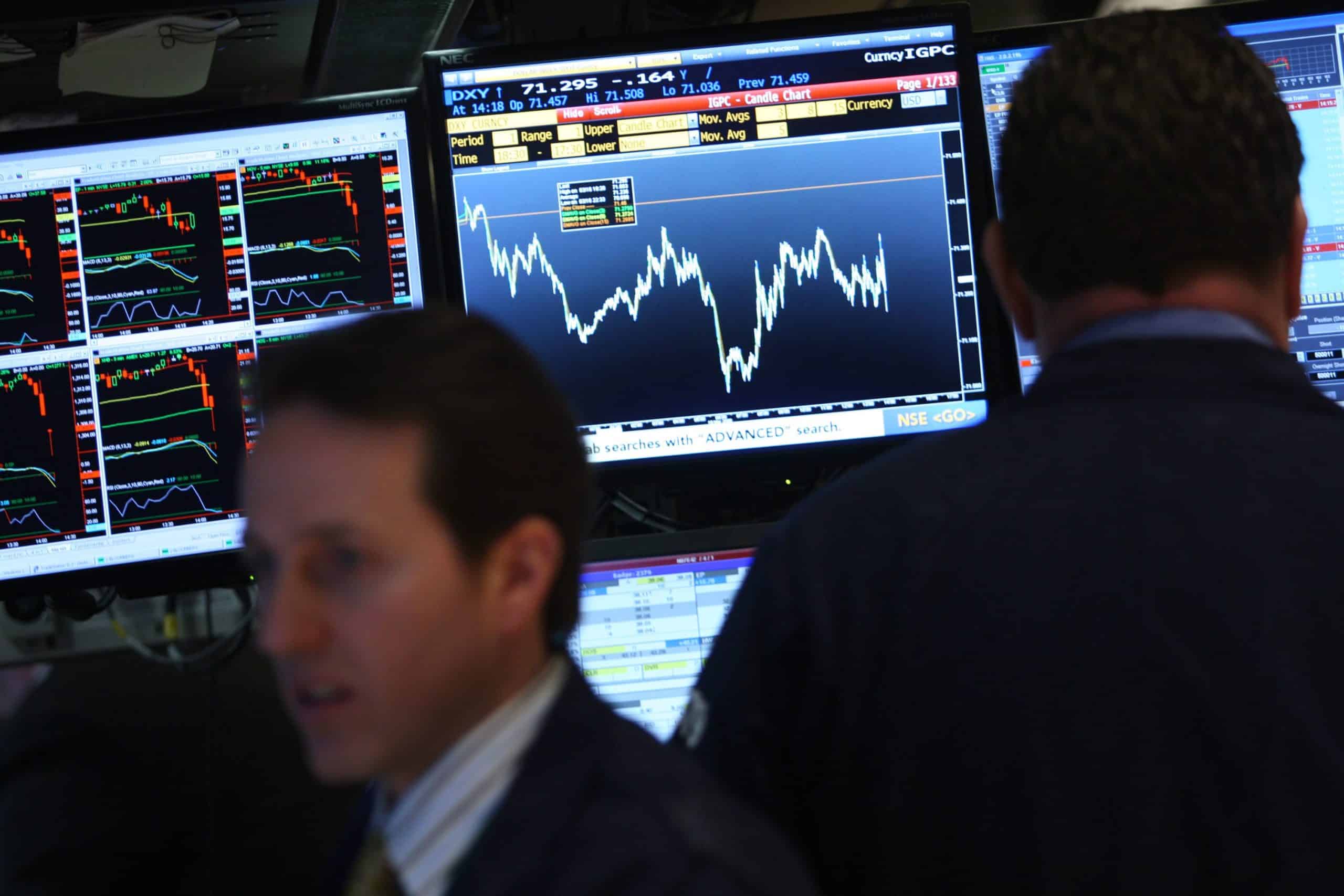The Dow Jones Industrial Average have now entered a correction, falling more than 10% from its February peak.
The blue-chip index has been hard hit this week as spiking Covid cases in the U.S. ignited fears over the economic recovery.
The failure to get additional relief from Washington lawmakers to mitigate the economic damage has also sent stocks spiraling, according to Gina Sanchez, CEO of Chantico Global and chief market strategist at Lido Advisors.
“That is driving the markets and has been driving the markets for the past several weeks,” Sanchez told CNBC’s “Trading Nation” on Wednesday. “If we don’t have additional stimulus and most of the stimulus programs are starting to expire, that means that economic activity and the outlook is starting to dim at a moment when Covid cases are surging.”
Third-quarter GDP in the U.S. rose a record 33.1%, the Commerce Department reported Thursday in its initial reading, though growth has yet to reach pre-pandemic levels. A day before the GDP report, Sanchez pointed to how far the economy has to go until it recoups all the pandemic losses.
“That really spells trouble for a lot of the assumptions we’ve made, particularly in a lot of the Dow companies where we assumed that we would eventually get back to normal within 12 to 18 months. That’s now being challenged,” she said.
In the same interview, TradingAnalysis.com founder Todd Gordon reminded investors that the Dow is only a small slice of the market — and it’s been underperforming for a long stretch.
“The last time the Dow was actually outperforming the Nasdaq was in 2000-2002 when we had the Nasdaq sell off,” he said. “Not surprising. Then we went into a period of sort of consolidation in the tech bubble with the housing crisis, global credit crisis — it was kind of expanding volatility, sideways pattern. Point is, today we’re seeing the exact same thing except on a smaller scale.”
Putting Wednesday’s plunge into perspective also helps to give context, he said.
“We’re at the same level now that we were at the beginning of this consolidation, which is the end of that 2017 high, like 26,600,” he said. “So just important to keep in mind there’s two underlying takeaways. One, the Nasdaq has been outperforming the Dow since 2002, and number two the Dow has been sideways for better going on three years now.”
“Don’t get too caught up. I say, continue to remain bullish. I’m focused on tech,” said Gordon.
The Dow has fallen 7% this year; the tech-heavy Nasdaq 100 is up 28%.

